Envoy criticizes IAEA chief for using 'nonrelevant' terms on Iran nuclear program
Iran’s ambassador to international organizations in Vienna has criticized head of the International Atomic Energy Agency (IAEA) for using 'nonrelevant' terms in his remarks on Iran’s nuclear program, saying such terms have no place in IAEA’s documents.
In an interview with Austrian paper Die Presse published on its website on Saturday, IAEA Director General Rafael Grossi was asked about Iran’s “breakout” time — the period it would take to produce enough nuclear material for one weapon.
He replied, “In the IAEA we do not talk about breakout time. We look at the significant quantity, the minimum amount of enriched uranium or plutonium needed to make an atomic bomb. Iran does not have this significant quantity at the moment.”
Reacting to those remarks in a Sunday tweet, Kazem Gharibabadi noted, “Drawing self-made criteria such as ‘breakout’ and ‘significant quantity’ for countries which are enriching uranium under the IAEA’s surveillance is nonrelevant and has no status in the IAEA legal documents.”
Am. @Gharibabadi: Drawing self-made criteria such as “break out” and “significant quantity” for countries which are enriching uranium under the IAEA’s surveillance is non-relevant and has no status in the IAEA legal documents. pic.twitter.com/rChvX020Ri
— Permanent Mission of I.R.Iran to UN-Vienna (@PMIRAN_Vienna) October 11, 2020
Can Director General Grossi tell us, Gharibabadi asked, “what is the number of SQ for N5 (five countries possessing nuclear weapons) and NNWSs (non-nuclear-weapon states) such as the Netherlands, Germany, Japan, Brazil and Argentina?”
“Better not to measure the activities under Safeguards in this way! Weapon/civilian grade material may be a better definition.” Iran’s envoy added.
Gharibabadi then reminded, “There are more than 1,300 tons of HEU (highly enriched uranium) and 300 tons of Plutonium in the world and according to the SIR 2019, total SQ also amounts to 216448 (8 pct more since 2015). What a dangerous world we are living in?!”
Iran signed the nuclear Non-Proliferation Treaty (NPT) — whose aim is to prevent the spread of nuclear arms and weapons technology — in July 1968 and ratified it in February 1970.
The Islamic Republic has repeatedly asserted that it has never sought and will never seek nuclear arms based on a fatwa (religious decree) issued by Leader of the Islamic Revolution Ayatollah Seyyed Ali Khamenei. The fatwa bans the production, possession and stockpiling of nuclear weapons and other weapons of mass destruction.
Iran demonstrated to the world the peaceful nature of its nuclear program by signing the Joint Comprehensive Plan of Action (JCPOA) with six world states — namely the US, Germany, France, Britain, Russia and China — in 2015. The agreement was also ratified in the form of UN Security Council Resolution 2231.
However, Washington’s exit in May 2018 and the subsequent re-imposition of unilateral sanctions against Tehran left the future of the historic accord in limbo.
Tehran remained fully compliant with the JCPOA for an entire year, waiting for the co-signatories to fulfill their end of the bargain by offsetting the impacts of Washington’s bans on the Iranian economy.
As the European parties failed to do so, Tehran moved in May 2019 to scale back its JCPOA commitments under Articles 26 and 36 of the deal covering Tehran’s legal rights.
Head of the Atomic Energy Organization of Iran (AEOI) Ali Akbar Salehi said last month that 1,044 centrifuges are currently operating at Fordow uranium enrichment site as an evidence to the fact that the country has taken in full the fourth step it had promised to reduce its commitments under the JCPOA.
“The fourth step to reduce JCPOA commitments by Iran has been taken in full as a result of which, 1,044 centrifuges are now doing the enrichment work at Fordow site,” Iran's nuclear chief said.
Read more:
FM Araghchi departs Muscat for Doha following nuclear talks with US
Israeli keeps killing more Palestinian civilians in Gaza amid relentless ceasefire violations
Aliyev: Azerbaijani territory will not be used for threats against Iran
Turkey arrests two on charges of spying for Israeli regime
Iran FM declares ‘good start’ as US–Iran talks conclude in Muscat
Iran strongly condemns 'terrorist' mosque blast in Islamabad
Iran enters talks backed by national power, popular support: MP
France, UK involved in assassination of Muammar Gaddafi's son: Reports





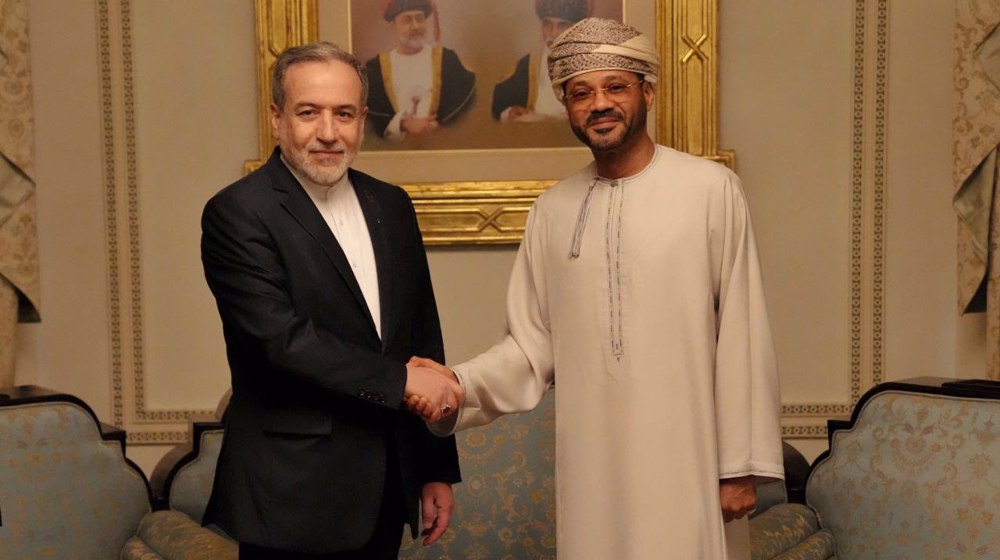
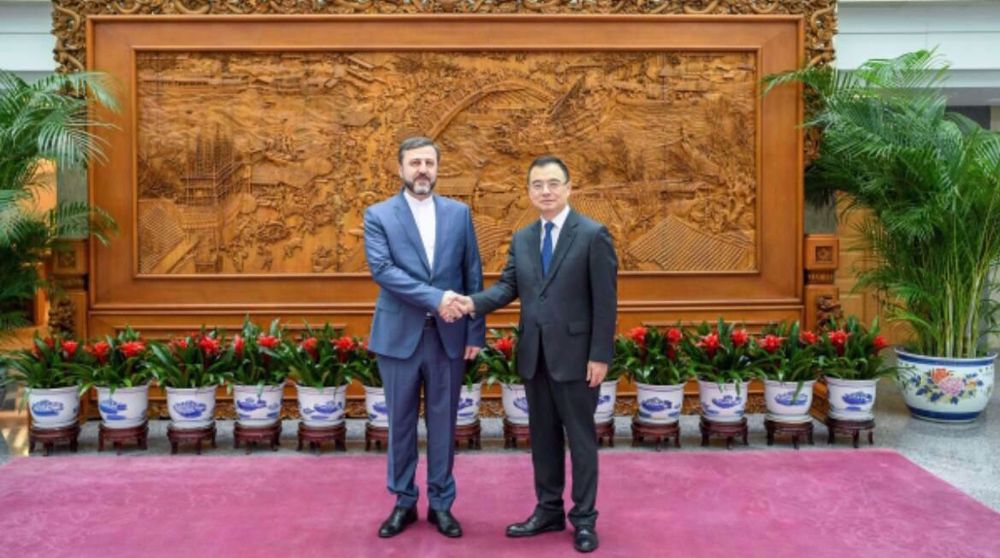
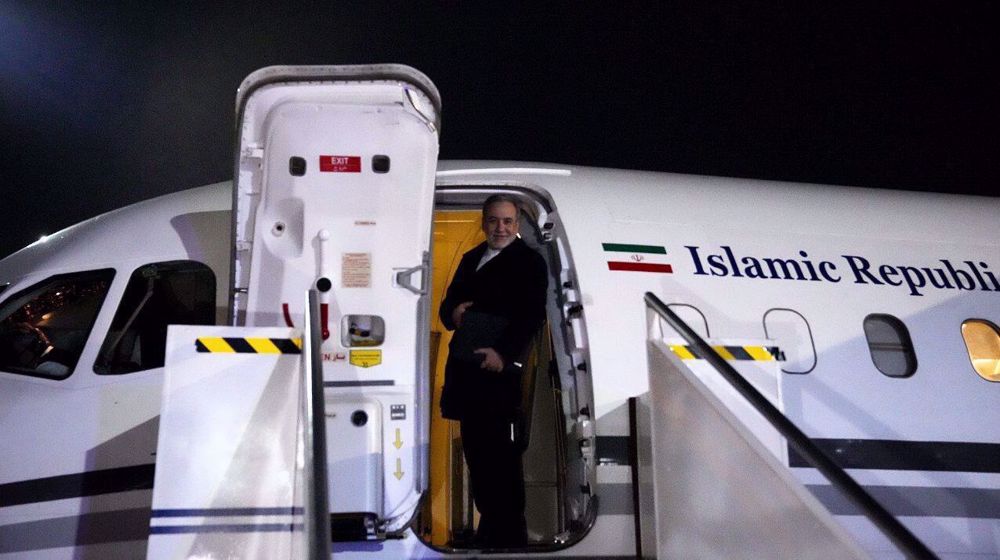



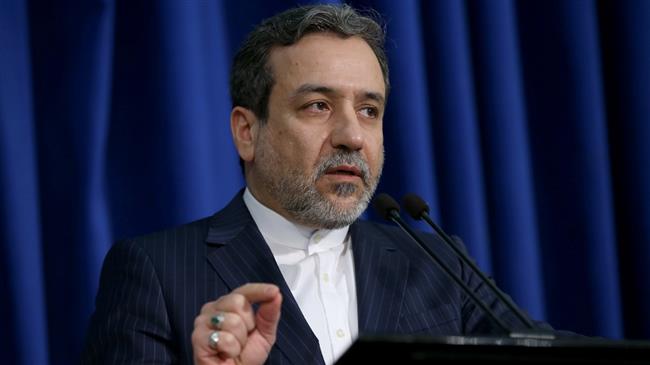
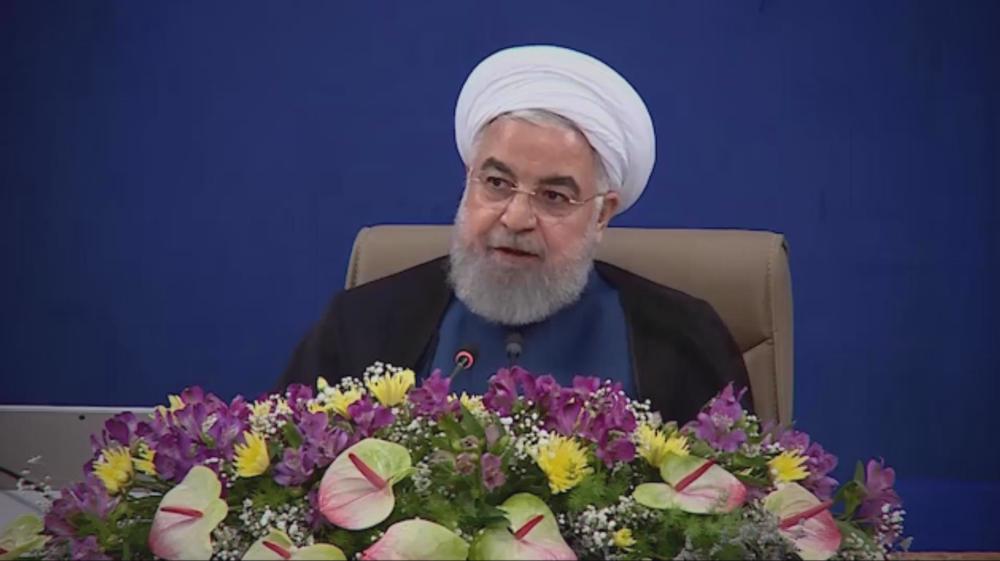
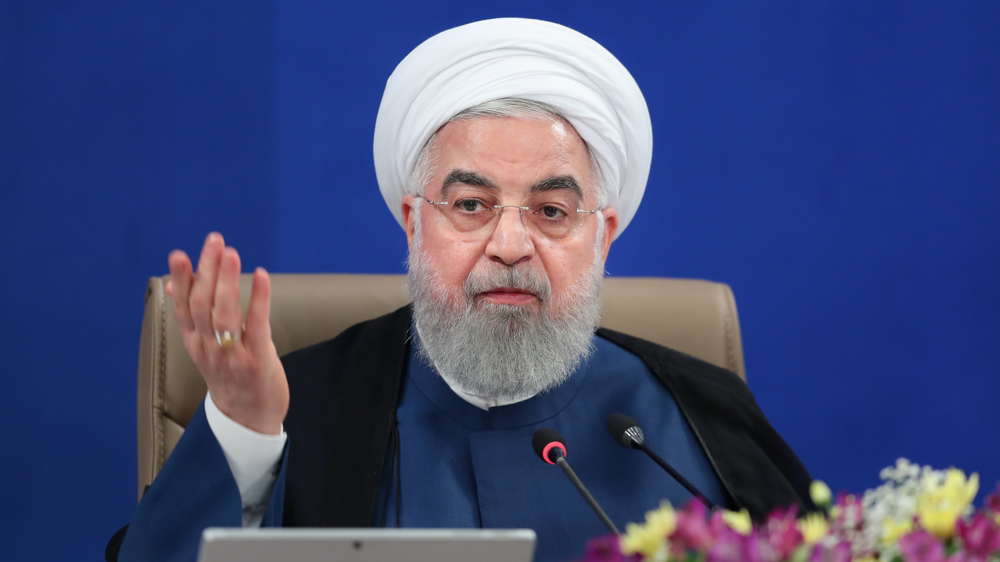

 This makes it easy to access the Press TV website
This makes it easy to access the Press TV website